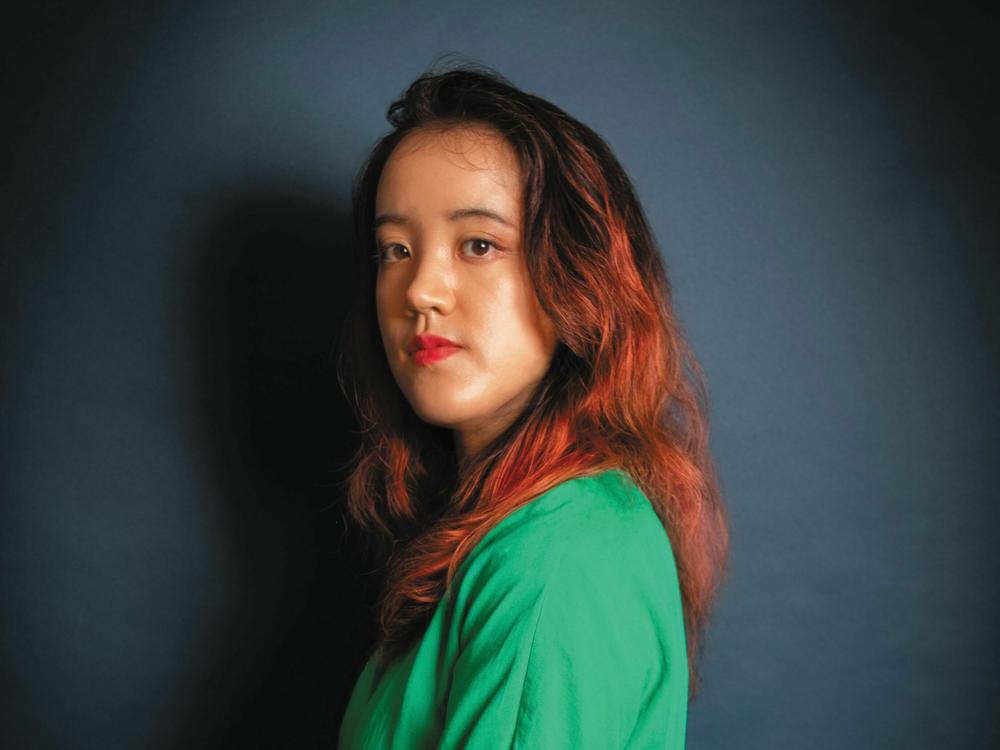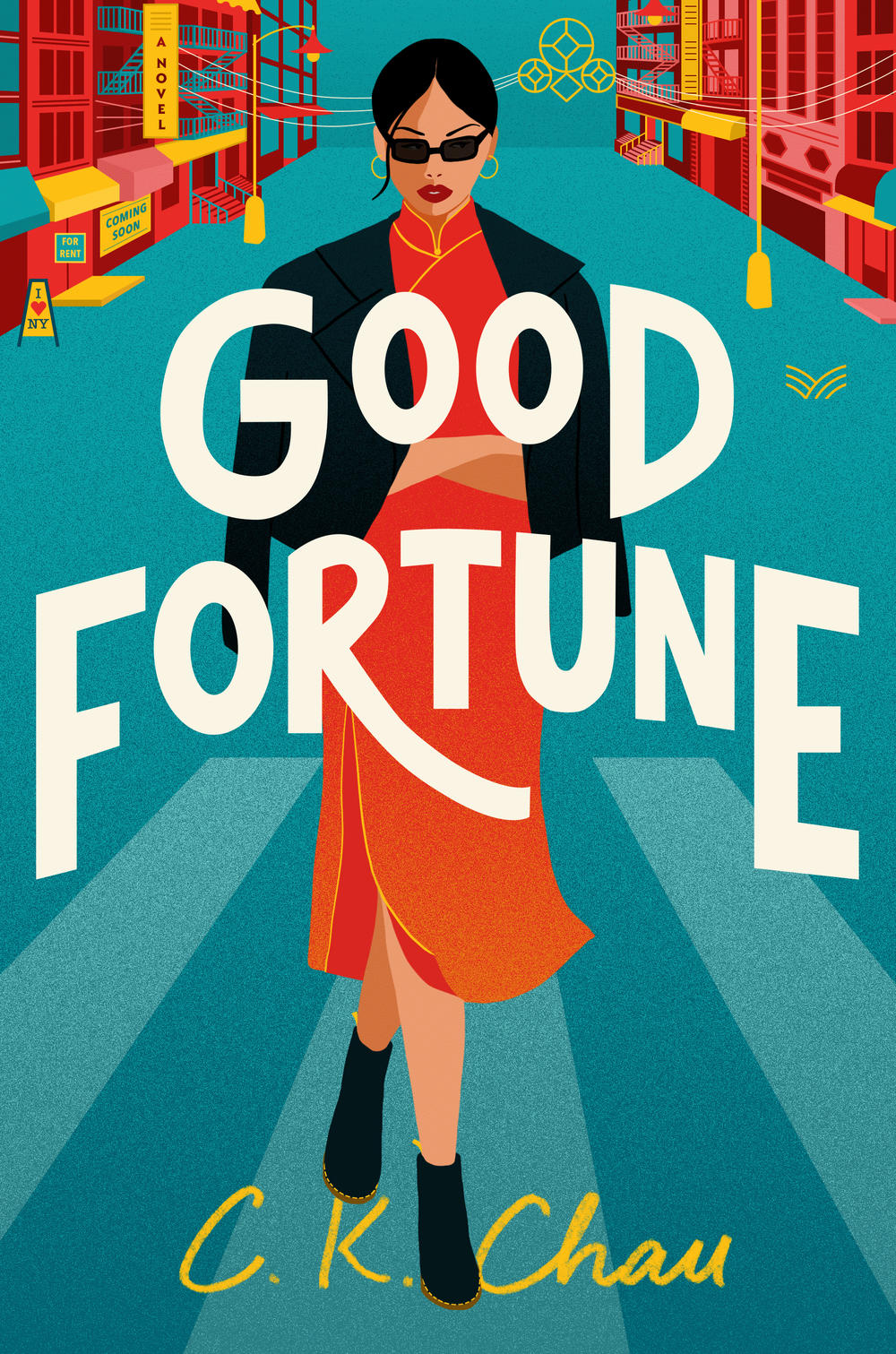Section Branding
Header Content
A new take on 'Pride and Prejudice' brings readers to 2000s New York Chinatown
Primary Content
C.K. Chau's fresh take on a centuries-old story brings Pride and Prejudice to early 2000s New York City Chinatown.
Who is she? C.K. Chau, author of the new book Good Fortune, retells the classic enemies-to-lovers story through the experience of a Cantonese American family.
- Originally published in 1813, Jane Austen's Pride and Prejudice has been retold by numerous authors, and inspired countless more stories and characters in media – from Ayesha at Last by Uzma Jalaluddin, to Julia Quinn's Bridgerton series (and its subsequent, hugely popular Netflix adaptation) to Pride and Prejudice and Zombies by Seth Grahame-Smith.
- Despite being retold one billion times, the story refuses to die. That's because its themes and conflicts are universal, Chau said. Here's what she told All Things Considered's Ailsa Chang:
There's a family story at the heart of it. There's a love story. And it's a love story between these two leads, but it's also a love story between Elizabeth and her mother in some ways. And on top of that, I think that the concerns of the book about money, about class, about making sure that the people you want to impress are impressed by you are really timeless emotions. I think it carries you throughout your life, and it ages with you as all the great stories do.
What's the big deal? By recasting the Bennets as a Cantonese, working-class immigrant family, Chau hoped to fill a gap in the Pride and Prejudice canon.
- Chau's retelling follows the story of the Chens, a big family sharing a tiny New York apartment. They run a restaurant and hustle to make ends meet.
- Importantly, they speak Cantonese (not just "Chinese"):
"I think because of the size of the Chinese American diaspora, we've gotten a lot of narratives that cleave towards certain migration groups or patterns. And I wanted to see a section of that community that I was very familiar with and that I grew up around. And that was working-class Chinese immigrants.
- Good Fortune aims to celebrate the Cantonese language, Chau said. Despite having over 85 million speakers worldwide, Chau said she rarely sees Cantonese appear in stories in any substantial way – often only acknowledged as a character detail or dialect. "Just please don't call it a dialect," she warns readers in the first chapter, emphasizing the importance of the distinction.
Listen to full All Things Considered interview with C.K. Chau by tapping the play button at the top.
What are people saying? If you like romance novels or you're craving a Chinese spin on a classic, you'll probably be into Good Fortune.
- And if you are wondering whether there are enough Pride and Prejudice adaptations already, Noah Berlatsky's review for the Los Angeles Times says the book makes a strong case for a resounding "no."
In Good Fortune, working-class life is neither pure misery nor set dressing: It is companionship and solidarity, and it is a narrative engine. In re-classing the Bennets, Chau both uncovers new layers in the original and reveals some of what Austen left out.
- Goodreads user Bkwmlee had this to say about the book:
I can't emphasize enough how rare it is to see Cantonese culture — my culture — represented so authentically in a mainstream American novel ... I loved how Chau was able to seamlessly work in so many elements from a culture that I was more than familiar with: the family-run Chinese restaurant where everyone was expected to chip in to keep the business afloat; the nosy and gossipy neighborhood aunties with their relentlessly prying questions ... the Cantonese turns-of-phrases sprinkled throughout the dialogue ... the descriptions of local Cantonese cuisine and dishes that, frankly, made me salivate.
Learn more:
- In 'Family Lore,' award-winning YA author Elizabeth Acevedo turns to adult readers
- Some books are made for summer. NPR staffers share their all-time favorites
- After the death of his wife, actor Richard E. Grant vowed to find joy every day
Copyright 2023 NPR. To see more, visit https://www.npr.org.


